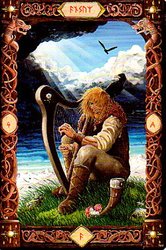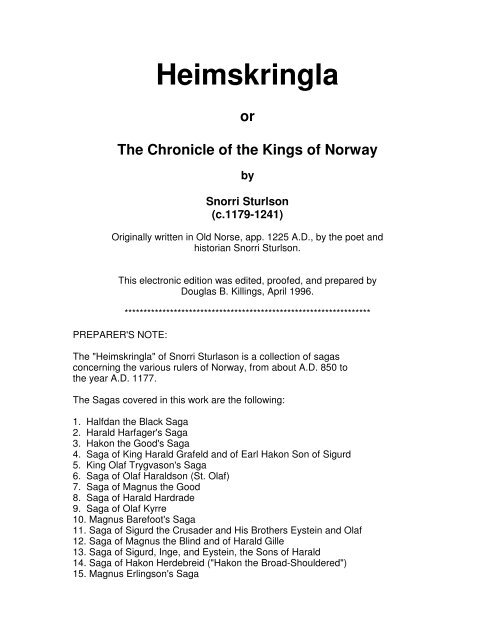

He discusses the existence of the Ingvaeones, a tribe in first-century Germania, arguing that they may have been devoted to Ing. Ĭhapter two, "Ingui of Bernicia" looks at the concept of an Anglo-Saxon god named Ing. He argues that by studying both the 1st-century accounts of Tacitus regarding religion in continental Germania and the Late Medieval accounts from Iceland and Scandinavia, scholars can shed further light on lost aspects of Anglo-Saxon heathenism.

Highlighting how little information regarding pre-Christian beliefs was recorded in the surviving Old English literature, all of which was produced in the Christian period, he argues that scholars must approach the subject by looking at the literary evidence produced by related Germanic-language societies elsewhere in Europe. In the opening chapter, entitled "Nerthus and Terra Mater: Anglian religion in the first century", North begins by describing the approach that he has taken in this particular study of Anglo-Saxon paganism. Critics argued that North's interpretations of the evidence were too speculative. The book received a mixed reviewed in peer reviewed journals such as The Modern Language Review. Heathen Gods in Old English Literature details North's theory that the god Ing played a prominent role in the pre-Christian religion of Anglo-Saxon England, and highlights references to him in such texts as Beowulf and the sole surviving Anglo-Saxon copy of the Book of Exodus.

Prior to the book's publication, North had previously authored other studies of Anglo-Saxon paganism, such as Pagan Words and Christian Meanings (1991). The book was released as the twenty-second monograph in the Press' series, "Cambridge Studies in Anglo-Saxon England", edited by Simon Keynes, Michael Lapidge and Andy Orchard. Written by the English studies scholar Richard North of University College London, it was first published by Cambridge University Press in 1997.

Heathen Gods in Old English Literature is a historical study of the literary references for several pagan deities in Anglo-Saxon England.


 0 kommentar(er)
0 kommentar(er)
